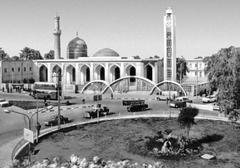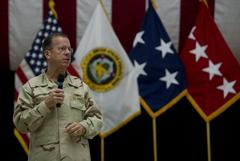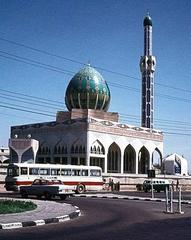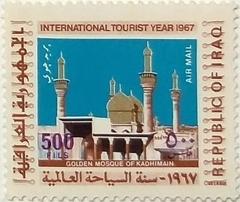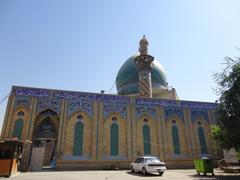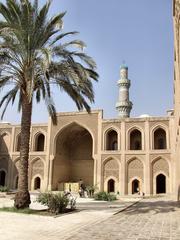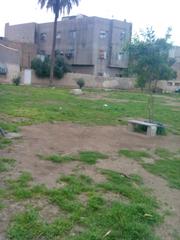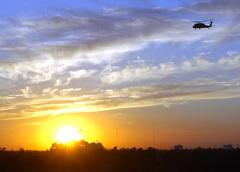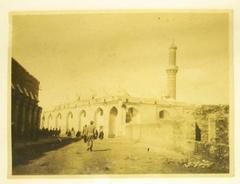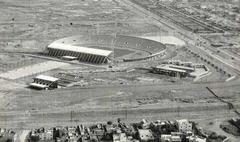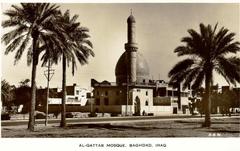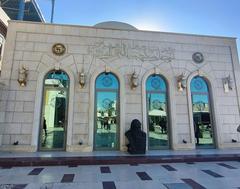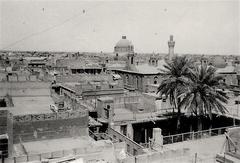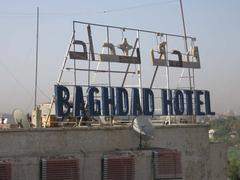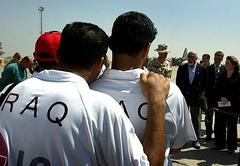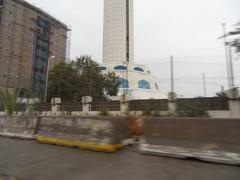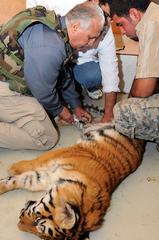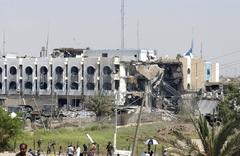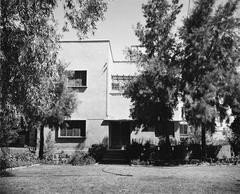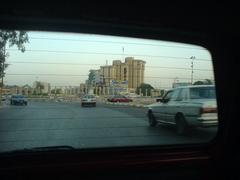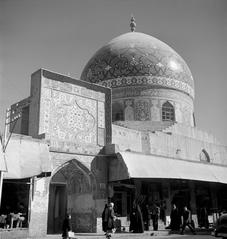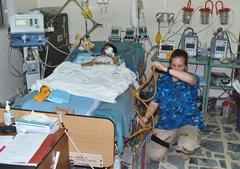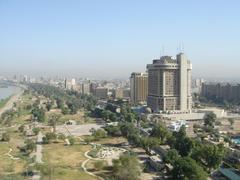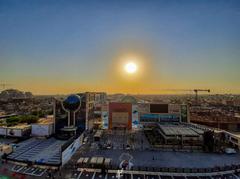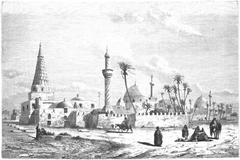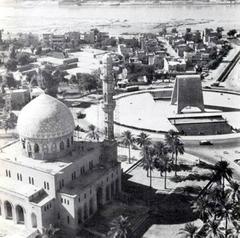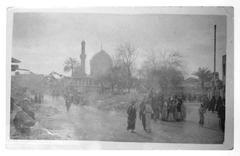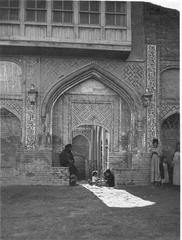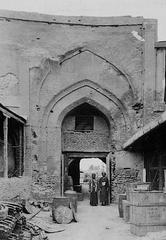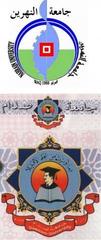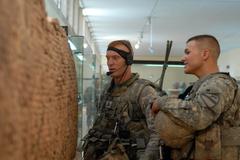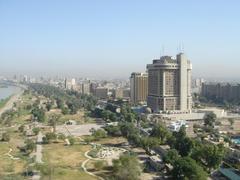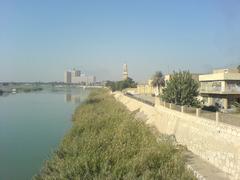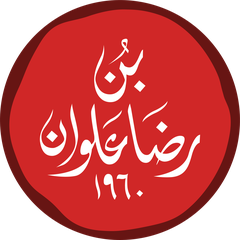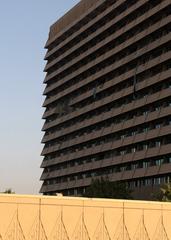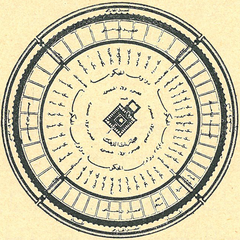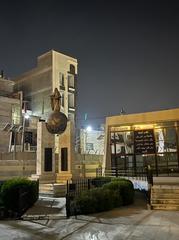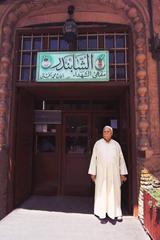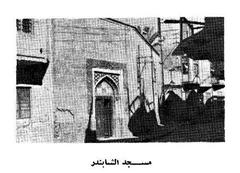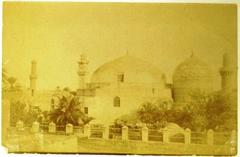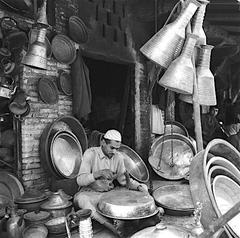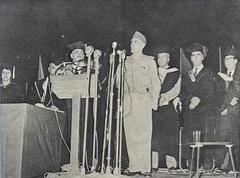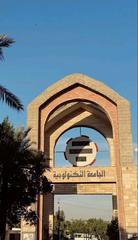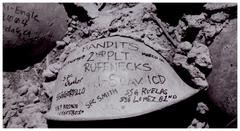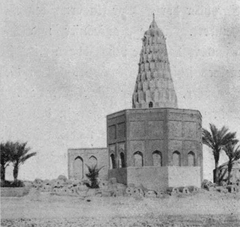Baghdad Medical City Visiting Hours, Tickets, and Travel Guide
Date: 03/07/2025
Introduction
Baghdad Medical City stands as a cornerstone of Iraq’s healthcare system and a testament to its medical heritage. Established in the early 1970s in the Bab Al-Moatham and Karkh districts, this expansive complex encompasses multiple specialized hospitals, research centers, and teaching institutions affiliated with the University of Baghdad College of Medicine. Its evolution reflects Iraq’s resilience and ongoing commitment to healthcare advancement, even amidst significant challenges. For visitors interested in medical innovation, cultural heritage, or urban development, Baghdad Medical City offers a unique and insightful experience (Baghdad Medical City Wikipedia).
While primarily a functioning healthcare facility, the complex features architectural remnants from the 1970s alongside modern upgrades supporting advanced diagnostics, minimally invasive surgeries, and telemedicine. Its location near landmarks such as the Al-Kadhimiya Mosque and the National Museum of Iraq adds further cultural value for visitors.
Because Baghdad Medical City is an operational hospital complex, public access is regulated. Educational tours and visits may be arranged through official channels. Understanding visiting hours, security protocols, accessibility, and cultural etiquette is essential for a smooth experience. This guide provides comprehensive, up-to-date information, travel tips, safety advice, and insights into the complex’s services and future projects. For the latest updates and official visitor details, consult resources such as the Baghdad Medical City Wikipedia, Iraqi Ministry of Health, and the AGMS Official Website.
Contents
- About Baghdad Medical City
- Visiting Baghdad Medical City
- Opening Hours
- Tickets and Entry
- Accessibility
- Best Time to Visit
- What to See and Do
- Photography Tips
- Visitor Resources
- Recent Developments and Modernization
- Visitor Information
- Entry and Security
- Language, Payment, and Insurance
- Accessibility and Transportation
- Cultural and Practical Tips
- Emergency Contacts
- Safety, Health, and Security Overview
- Frequently Asked Questions (FAQ)
- Summary and Final Tips
- Sources
About Baghdad Medical City
Founded in the early 1970s, Baghdad Medical City (formerly Saddam Medical City) quickly grew into Iraq’s largest medical facility. The complex includes the Baghdad Teaching Hospital, Surgical Specialties Hospital, and several research and specialty centers. Built on the site of the historic Garden of Ridvan, the Medical City’s development has paralleled Iraq’s journey in public health and medical education (alfredtesla.com).
The Medical City is closely affiliated with the University of Baghdad College of Medicine, making it a hub for both advanced patient care and medical training. It also serves as a key center for medical research, particularly in fields such as oncology, nephrology, and neurology (wisdomlib.org).
Visiting Baghdad Medical City
Opening Hours
- General Visiting Hours: 8:00 AM to 4:00 PM, Sunday through Thursday. Emergency departments operate 24/7.
- Departmental Variations: Some departments may have different schedules; always confirm with your specific clinic or hospital unit.
Tickets and Entry
- Admission: There is no general admission ticket. The Medical City serves patients, families, and staff; tours or educational visits require advance arrangement through the administration or university.
- Appointments: For consultations or procedures, schedule appointments via the hospital’s main reception or official website.
Accessibility
- The complex is accessible by taxi, private car, and public transport. The Bab Al-Moatham and Karkh districts are well-connected within Baghdad (hikersbay.com).
- Ride-hailing apps like Careem offer safe, transparent transportation options (beyondthebucketlist.co).
Best Time to Visit
- Weekday mornings are ideal for pre-arranged educational tours, as hospital activity is more manageable and administrative offices are open.
What to See and Do
- Historic Architecture: While much of the complex is modernized, several buildings retain distinctive 1970s features.
- Medical Education: With special access, observe medical training and research activities.
- Nearby Sites: Explore nearby attractions such as the Al-Kadhimiya Mosque and the National Museum of Iraq after your visit (iraqinews.com).
Photography Tips
- Inside the Complex: Photography is restricted to protect patient privacy.
- Exterior: Exterior and neighborhood photos are allowed. Early morning offers the best lighting for architectural shots.
- Permission: Always seek permission before photographing buildings or staff.
Visitor Resources
- Baghdad Medical City Wikipedia
- Iraqi Ministry of Health
- AGMS Official Website
- Project Iraq – Baghdad 2025
- Baghdad Medical City location and info on AlfredTesla.com
- Baghdad Medical City recent developments on Iraqinews.com
- Baghdad travel safety on Xplrverse.com
- Baghdad tourist tips on Hikersbay.com
- Baghdad travel safety on Travellikeaboss.org
- Baghdad Safety Guide on Travelsafe-abroad.com
- Iraq travel tips on Beyondthebucketlist.co
- Travel Iraq Federal on Againstthecompass.com
Recent Developments and Modernization
Infrastructure Upgrades:
Baghdad Medical City has seen significant modernization, including new elevators, upgraded HVAC systems, and advanced diagnostic and therapeutic equipment. International partnerships have facilitated the acquisition of state-of-the-art technologies (alfredtesla.com).
Expansion of Medical Services:
Specialized clinics in oncology, cardiology, nephrology, and more have been established. Digital health records and telemedicine platforms are now in use for improved patient management and remote consultation (AGMS Official Website).
Education and Research:
As a teaching hospital, Baghdad Medical City emphasizes evidence-based medicine and simulation training. Frequent conferences and workshops foster research, particularly on infectious and non-communicable diseases.
Future Projects:
- AGMS Comprehensive Medical City: A new 200-bed cancer center, pharmaceutical plant, and nursing college in Al-Rasheed Camp will add capacity and create over 1,500 jobs (AGMS Official Website).
- Digital Transformation: Collaborations with global firms aim to implement advanced diagnostics and national digital health platforms.
- Urban Development: The Baghdad 2025 plan will improve infrastructure and accessibility around the Medical City (Project Iraq – Baghdad 2025).
Visitor Information
Entry Requirements and Security
- Security Checks: All visitors must pass through security checkpoints. Carry valid ID (passport or local ID), and expect bag searches.
- Photography: Prohibited inside hospital buildings to protect privacy; check with staff for any exceptions.
- Foreign Visitors: Carry passport and visa copies; consider having a local contact or translator (xplrverse.com).
Language and Communication
- Primary Language: Arabic.
- English: Spoken by many medical and administrative staff, especially in specialized units.
- Interpreter: Recommended for complex discussions.
Payment and Costs
- Services: Public healthcare is subsidized; private services or referrals may incur higher costs.
- Payment: Primarily cash (Iraqi dinars); credit cards are rarely accepted (hikersbay.com).
Health Insurance
- Comprehensive health insurance, including coverage for evacuation, is strongly recommended. Advanced care may require transfer to Jordan, Turkey, or the UAE (xplrverse.com).
Accessibility and Transportation
- Transport: Accessible by car, taxi, and public buses. Ride-hailing apps like Careem are recommended for safety and clear pricing (beyondthebucketlist.co).
- Parking: Limited and often crowded; public transport is often more convenient.
- Navigating the Campus: The campus is large and signage is mostly in Arabic. Seek help from security or staff as needed.
- Wheelchair Access: Most buildings are accessible, but some older facilities may have limitations.
Cultural and Practical Tips
- Dress Code: Modest clothing is expected. Men should wear long trousers and sleeved shirts; women should cover arms and legs and consider a headscarf.
- Behavior: Maintain quiet, respectful conduct; avoid photographing patients or staff.
- Food and Water: Limited cafeterias and kiosks; drink only bottled water (xplrverse.com).
- Vaccinations: Ensure routine vaccinations and consider Hepatitis A/B, Typhoid, and Rabies (hikersbay.com).
Emergency Contacts
- Baghdad Medical City Main Reception: Check locally for up-to-date contact numbers.
- Ambulance: 122
- Tourist Police: 104
- SIM Cards: Local SIMs (e.g., Asiacell) are recommended for reliable communication (xplrverse.com).
Safety, Health, and Security Overview
- Security Environment: Security in Baghdad’s central districts has improved, with increased measures around major institutions (travellikeaboss.org, travelsafe-abroad.com). Risks remain, especially outside secure areas and after dark.
- Health Considerations: Use bottled water, ensure vaccinations are current, and bring necessary medications. Air pollution and dust storms may affect those with respiratory conditions.
- Cultural Sensitivity: Respect local customs, especially during Ramadan and in conservative settings. Public displays of affection and political or religious discussions should be avoided.
Frequently Asked Questions (FAQ)
Q: What are the visiting hours at Baghdad Medical City?
A: General visiting hours are 8:00 AM to 4:00 PM, Sunday through Thursday. Emergency services are 24/7.
Q: Is there a ticket or entrance fee?
A: No, but appointments must be arranged in advance if you require medical services.
Q: Is photography allowed?
A: Generally, no. Photography is restricted within the complex.
Q: How do I get there?
A: Use taxis, ride-hailing apps, or public transport. The location is well-known among locals.
Q: Is the Medical City accessible for people with disabilities?
A: Most newer buildings are accessible; ask ahead for specific needs.
Q: Are guided tours available?
A: Not generally; visits are for patients, families, or pre-arranged educational groups.
Q: What language is spoken?
A: Arabic, with some English in medical and administrative areas.
Q: What payment methods are accepted?
A: Cash (Iraqi dinars) is preferred; credit cards are rarely used.
Summary and Final Tips
Baghdad Medical City is a landmark of Iraq’s medical history and ongoing modernization. With advanced facilities, cutting-edge research, and a strong educational mission, it stands at the forefront of healthcare in the region. Visitors should prepare by understanding visiting hours, security protocols, and cultural norms, and by arranging appointments through official channels. Exploring nearby historical sites can enrich your visit and provide deeper insight into Baghdad’s heritage.
Stay informed via official communications and healthcare resources. For additional support and up-to-date travel information, consider using the Audiala app and following local news. Reference the Baghdad Medical City Wikipedia, Iraqi Ministry of Health, and Project Iraq – Baghdad 2025 for the most authoritative guidance.
Sources and Further Reading
- Baghdad Medical City Wikipedia
- Iraqi Ministry of Health
- AGMS Official Website
- Project Iraq – Baghdad 2025
- Top Hospitals in Iraq – AlfredTesla.com
- Iraq Opens New Hospital – Iraqinews.com
- Is Iraq Safe for Travelers – Xplrverse.com
- Baghdad Tourist Information – Hikersbay.com
- Is It Safe to Travel to Baghdad? – Travellikeaboss.org
- Baghdad Safety Guide – Travelsafe-abroad.com
- Iraq Travel Tips – Beyondthebucketlist.co
- Travel Iraq Federal – Againstthecompass.com
